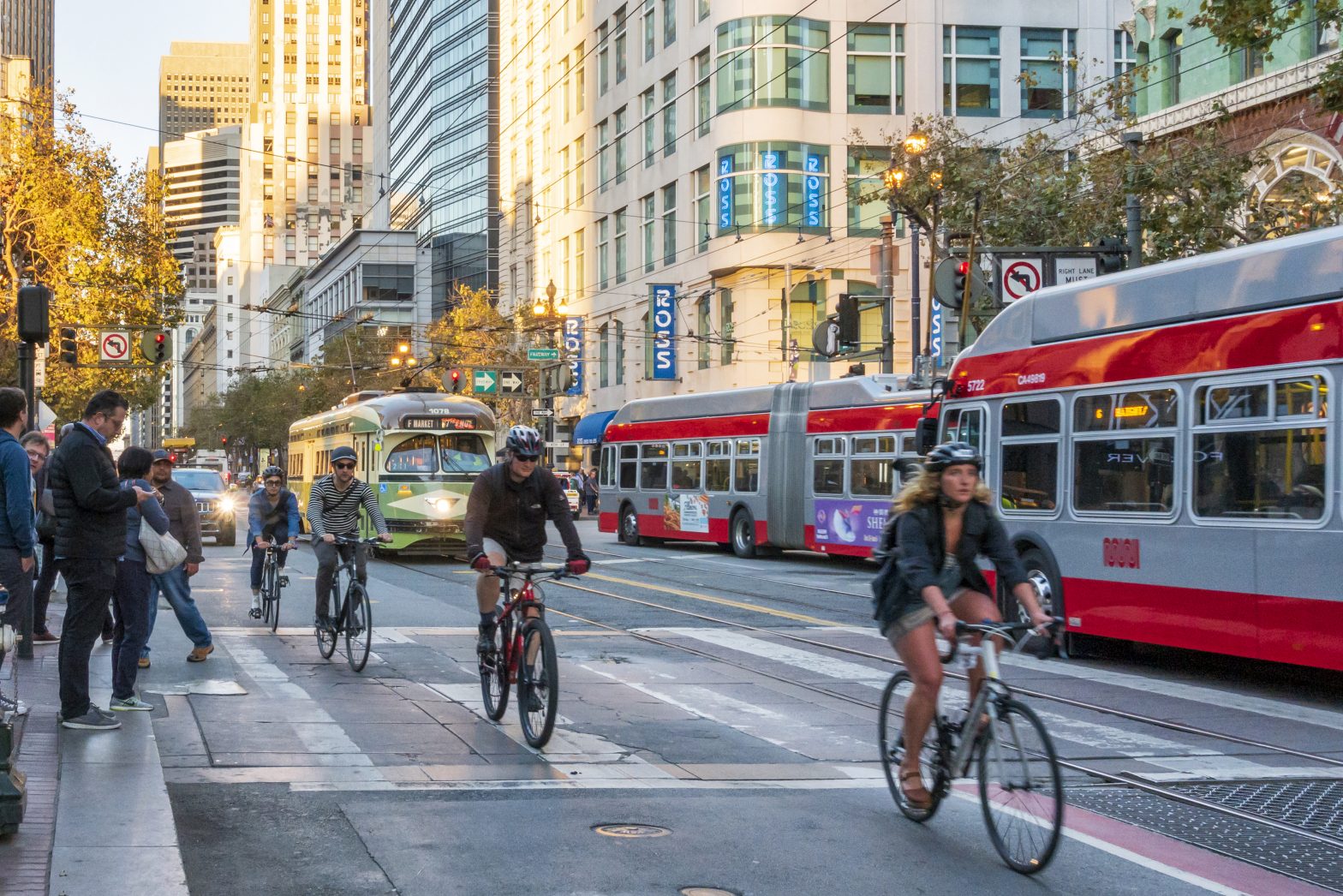
Photo: 44718025134_675d183dc5_o
Why trust is key to Mobility-as-a-Service
26 October 2018
by Adam Pitt
Cities looking to invest in Mobility-as-a-Service (MaaS) will need to focus on building trust if they are to unlock its full potential, according to a new report by Juniper Research.
The study found that revenue created by MaaS platforms, which offer customers the chance to view and book single trips on fragmented transport services, could exceed US$11 billion by 2023, up from an estimated US$100 million in 2018.
However, with successful platforms requiring companies to share data, author of the research Nick Maynard said the need to also maintain compliance with competition and data privacy laws means the deployment of MaaS services will require “a dramatic change in thinking”.
“[The stakeholders we are talking about] are not traditionally used to working in this way; in fact, operating in this way could have previously been called collusion,” he told Cities Today. “There are also possible regulatory issues to overcome, with the General Data Protection Regulation meaning that in Europe, stakeholders may be reluctant to share data between multiple bodies.”
Despite these challenges, Maynard maintains that “commuters face a compelling proposition that promises to reduce journey time and generate significant savings” once service providers establish the “trust needed to convince transport companies to include their services in MaaS schemes.”
In September, Juniper Research published a similar study that ranked Helsinki first in terms of MaaS readiness, which it claimed at the time will replace more than 2.3 billion private car journeys in cities annually by 2023.
Among the other benefits included in its latest Mobility-as-a-Service: Emerging Opportunities, Vendor Strategies & Market Forecasts 2018-2023 report, are fuel cost savings totalling over US$32 billion by 2023, up from just US$210 million in 2018.
Ridership is also expected to reach 10 million by 2023, with consumers likely to begin with one-off purchases before subscription models gain popularity.
The research also found that MaaS platforms are likely to face stiff competition from ride-sourcing vendors like Uber, Lyft and DiDi Chuxing, which are integrating additional public transport options into their apps.
Local authorities may choose to subsidise essential routes with low ridership to encourage growth, although regulatory pressures for joined-up, environmentally-sustainable, and financially affordable transport options are expected to remain the driving force behind the emergence of more platforms like Moovel and Whim.
Establishing proof of the commercial viability of MaaS and identifying suitable revenue-sharing agreements are highlighted as important considerations by the research, which also emphasises the need for environmental incentives and lifestyle rewards, such as cinema tickets and restaurant offers.








